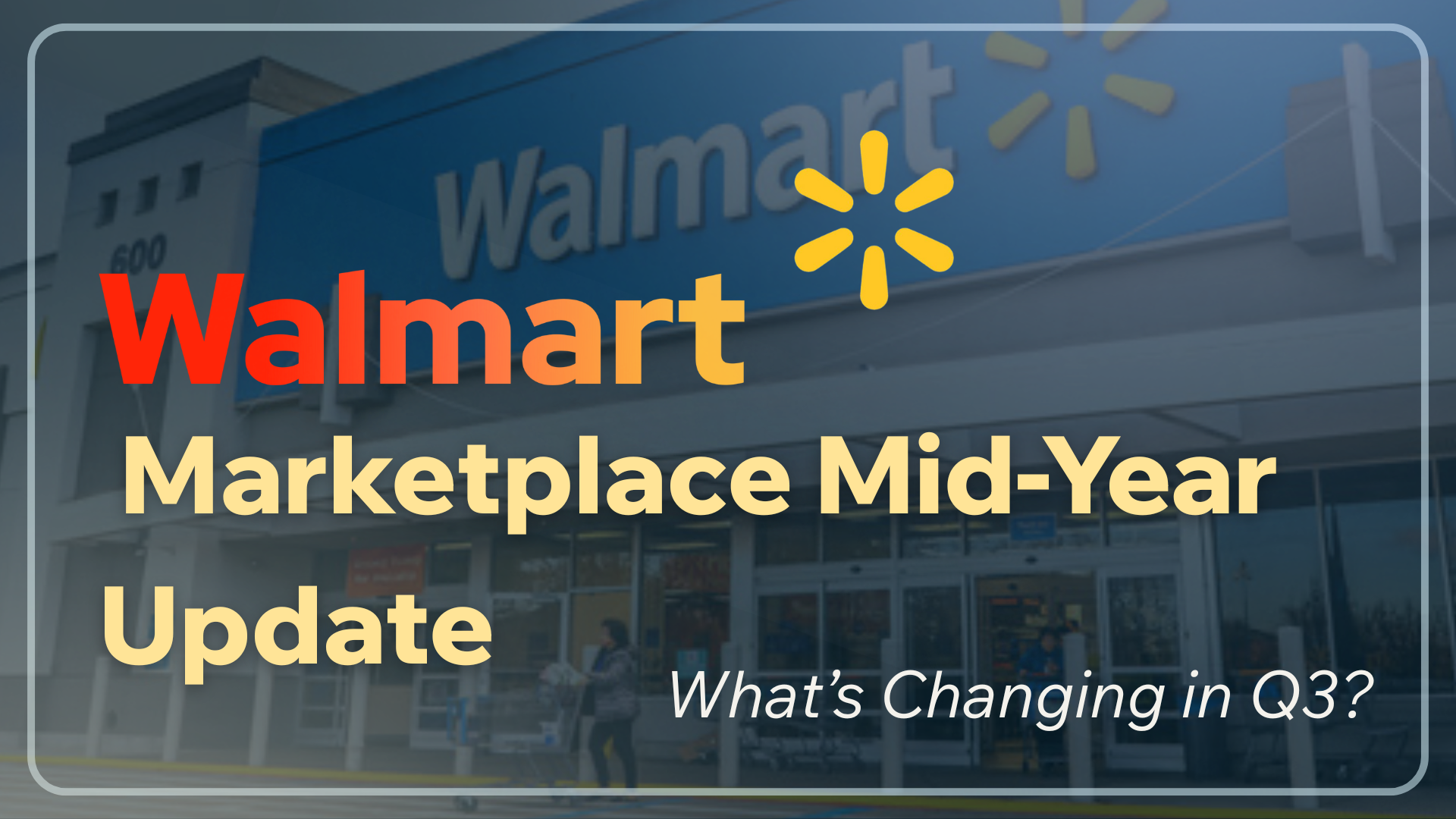In a globalized economy, every supply chain faces potential disruptions due to geopolitical events. From tariffs to labor strikes, businesses need to be proactive to maintain supply chain resilience. In this post, we’ll discover the impact of geopolitical events on supply chains and help you find actionable strategies for building a more robust strategy.
Trade wars and tariff increases can significantly raise costs and create bottlenecks. For example, the U.S.-China trade war in 2018–2019 saw average tariff rates rise from 3.1% to 19.3% for imports from China, affecting over $550 billion in goods. Higher tariffs led to supply shortages across multiple sectors, impacting industries that rely on imported products. Today, tariffs still affect essential goods like electronics, machinery, and consumer products. In response, businesses are diversifying suppliers to reduce risks tied to specific trade policies.
Preparation Tip: A diversified supplier network reduces dependency on one region, making it easier to pivot when new tariffs hit.
Labor unrest is a significant aspect of the Impact of Geopolitical Events on Supply Chains. Events like dock worker strikes can halt or slow the transport of goods, creating bottlenecks across industries. For example, during the 2023 strikes at West Coast ports in the U.S., there was a substantial backlog, impacting over 30% of U.S. imports. This led to delayed shipments and inventory shortages across sectors. Such disruptions can be costly; each day of port closure can cost the U.S. economy an estimated $1 billion (CNBC).
Preparation Tip: To reduce the impact of geopolitical events on supply chains, work closely with suppliers and logistics partners. Establish clear contingency plans, such as alternate shipping routes, to ensure smoother operations. Stockpiling additional inventory can also help prevent delays during supply chain disruptions.
Sanctions and export restrictions can freeze supply chains overnight. A notable example is the semiconductor sector, where U.S. export controls on advanced chips to China have disrupted global tech manufacturing. These restrictions push companies to find alternative sources for supplies. Some are even considering domestic production, which takes significant time. Transitioning to domestic production may take years and increase costs substantially.
Preparation Tip: Stay updated on trade policies and establish ties with suppliers in geopolitically stable regions to avoid reliance on sanctioned countries.
COVID-19 showcased how health crises can dramatically impact supply chains, with average lead times for manufacturing rising by 222% between January and July 2020. The current geopolitical climate has compounded these issues, with conflict-driven energy costs and localized lockdowns disrupting traditional manufacturing hubs.
Preparation Tip: Invest in data-driven forecasting tools to better anticipate supply chain shocks and assess lead times from diversified sources to maintain flexibility.
By understanding these risks and taking proactive steps, companies can insulate their supply networks from the unpredictable impacts of geopolitical events. Diversifying suppliers, staying informed on policy changes, and building strong partnerships with logistics providers are key measures that create resilience in the face of global uncertainty.
RELATED: Multi-Channel vs. Omnichannel

Meghan is a digital marketing specialist and analyst at Rebelution eCommerce, focusing on internal strategies. With a strong background in market analysis and initiative development, she enhances internal communications and ensures marketing efforts align with business goals. Her strategic approach improves the efficiency and impact of Rebelution’s marketing operations.



Learn how Amazon, Walmart, and Wayfair empower small business ecommerce brands with tools, reach, and growth opportunities.


Discover the top AI shopping trends transforming consumer behavior in 2025 — from AI agents to visual search. Learn what brands on Amazon, Walmart, and Wayfair must do to stay ahead.


Struggling with the e-commerce summer slump? Discover strategies for Amazon, Walmart, Wayfair, Lowe’s, Home Depot & Overstock sellers to optimize listings, plan inventory, and get ahead for Q4.


Explore how Evolution Outdoor, in partnership with Rebelution, achieved a remarkable 65% increase in year-over-year sales...

.jpg)
Explore how Evolution Outdoor, in partnership with Rebelution, achieved a remarkable 65% increase in year-over-year sales...


Explore how Evolution Outdoor, in partnership with Rebelution, achieved a remarkable 65% increase in year-over-year sales...


